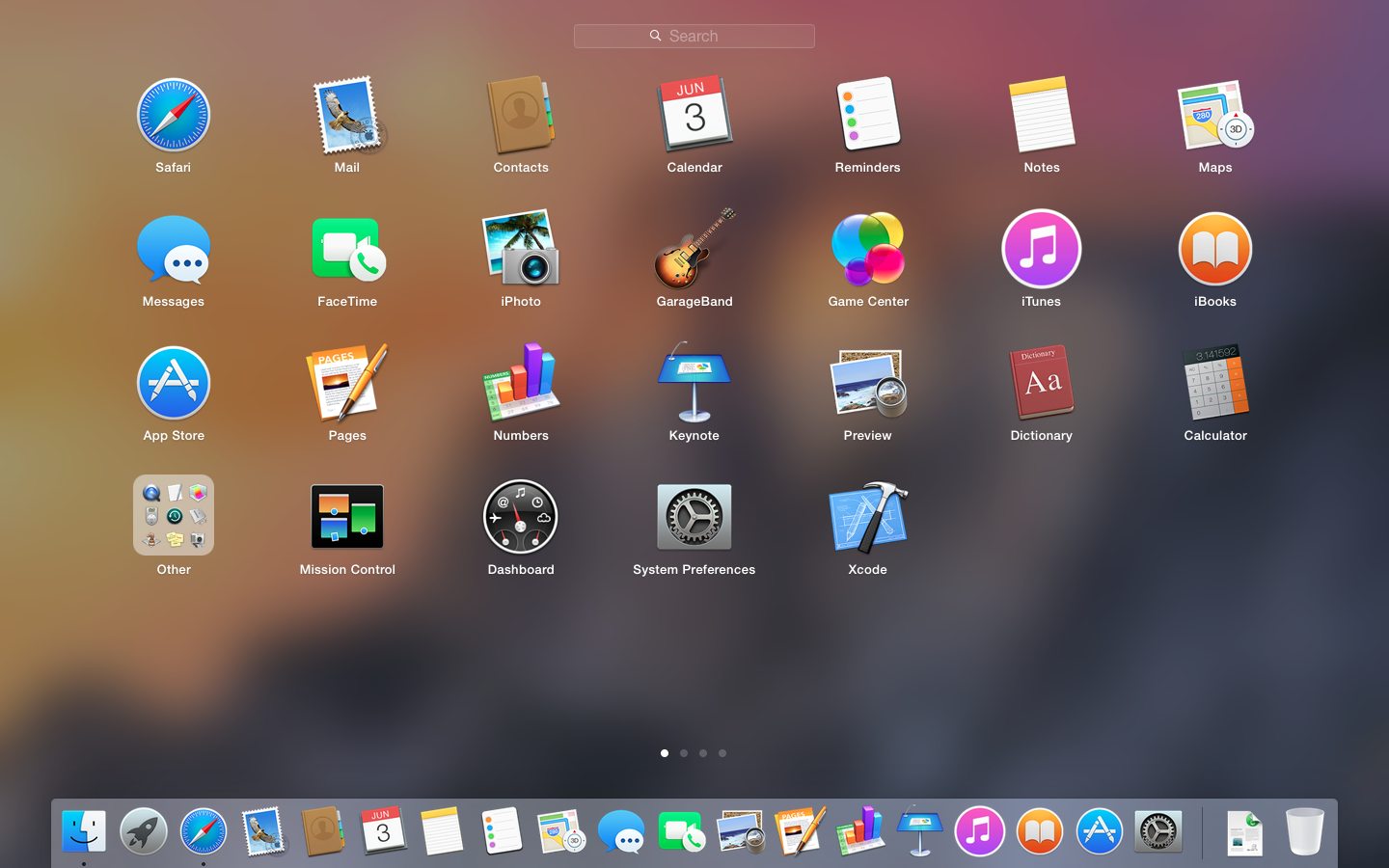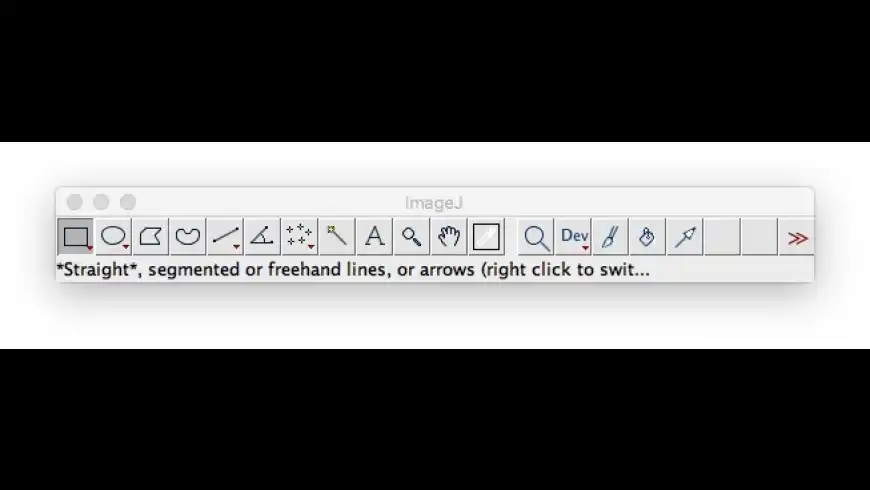Pdf printer for mac. For those who are not aware, “Print to PDF” creates an electronic copy of your file or document that you can save to storage device.Note: Ensure that Acrobat is installed on your Mac computer. In order to print to this printer, it converts your documents to an Adobe PDF file on your Mac instead of printing sheets of paper.Instead of physical printer, you can select “Adobe PDF” for Mac.
These cookies will be stored in your browser only with your consent. Hp deskjet 2540 mac driver download 64-bit. You also have the option to opt-out of these cookies. We also use third-party cookies that help us analyze and understand how you use this website. Out of these cookies, the cookies that are categorized as necessary are stored on your browser as they are as essential for the working of basic functionalities of the website.
Canon quick menu driver download mac. Hello everyone, I am not familiar with programing, and so far no instruction was clear to me on how to open FIJI on my mac. I have OS X Yosemite 10.10.4 updated. If there is no solution, and I need to use ImageJ, is there something I can do like reinstalling? Installing ImageJ.
Imagej Apple Mac Os X Download Software
> On Tue, 16 Jun 2009 12:14:33 -0400, Wayne Rasband <[hidden email]> wrote:
>>
>> This problem is fixed in the Mac version of ImageJ 1.42 now available at
>>
>> http://rsb.info.nih.gov/ij/download.html
>>
>> The JavaApplicationStub in ImageJ64.app/Contents/MacOS/ is now a 64-bit
>> application instead of a 32-bit universal binary. You can also fix the
>> problem by right-clicking on ImageJ64, selecting 'Show Package
>> Contents' in the drop down menu, opening Contents/MacOS, deleting
>> JavaApplicationStub, and changing the name of JavaApplicationStub64 to
>> JavaApplicationStub.
>>
>> -wayne
>>
>>
>
> Hoping to see this issue resolved I just installed Java for Mac OS X update
> 4 on one of our lab machines (Mac Mini, intel processor Mac OS 10.4.11) and
> downloaded imageJ for the Mac from http://rsb.info.nih.gov/ij/download.html
> When I tried to run ImageJ64 failed to start. It didn't do anything except
> briefly display the sequence of small to large icon images. I went into the
> package contents to delete JavaApplicationStub and change the name of
> JavaApplicationStub64 to
> JavaApplicationStub and only found the JavaApplicationStub.
>
> However, on my MacBook (intel, Mac OS 10.5) I opened the package contents
> found the JavaApplicationStub, JavaApplicationStub64, and
> JavaApplicationStub-2006, so I renamed JavaApplicationStub to
> JavaApplicationStub_bkp and then renamed JavaApplicationStub64 to
> JavaApplicationStub. It worked. ImageJ64 is running on my laptop and
> appears to be 64-bit according to the output of ImageJ Properties.. (found
> in the Utilities, see below for details. I also downloaded ImageJ for Mac
> today and it also works on my laptop
>
> So thanks Wayne for the pointers, now my laptop runs ImageJ64 again and I'll
> be updating our MacPro (which runs OS 10.5) to Java update 4 now, but there
> is still something awry with Mac OS 10.4, Java for Mac update 4, and ImageJ.
>
>
>
> ImageJ Properties
>
> Java properties applets can read:
> java.version: 1.6.0_13
> java.vendor: Apple Inc.
> mrj.version: 1050.1.6.0_13-211
> os.name: Mac OS X
> os.version: 10.5.7
> os.arch: x86_64
> file.separator: /
> path.separator: :
> line.separator: <lf>
>
> Java properties only applications can read:
> user.name: willashby
> user.home: /Users/willashby
> user.dir: /Applications/ImageJ
> user.country: US
> file.encoding: MacRoman
> java.home: /System/Library/Frameworks/JavaVM.framework/Versions/1.6.0/Home
> java.class.path: /Applications/ImageJ/ImageJ64.app/./ij.jar
> java.ext.dirs:
> /Users/willashby/Library/Java/Extensions:/Library/Java/Extensions:/System/Libr
> ary/Java/Extensions:/System/Library/Frameworks/JavaVM.framework/Versions/1.6.0
> /Home/lib/ext
> java.io.tmpdir: /var/folders/5z/5zbS4BB+GoqXO7wQJ1-TVU+++TI/-Tmp-/
>
> Other properties:
> IJ.getVersion: 1.42q
> IJ.isJava2: true
> IJ.isJava15: true
> IJ.isJava16: true
> IJ.isLinux: false
> IJ.isMacintosh: true
> IJ.isMacOSX: true
> IJ.isWindows: false
> IJ.isVista: false
> IJ.is64Bit: true
> Menus.getPlugInsPath: /Applications/ImageJ/plugins/
> Menus.getMacrosPath: /Applications/ImageJ/macros/
> Prefs.getHomeDir: /Applications/ImageJ
> Prefs.getThreads: 2 (2 cores)
> Prefs.open100Percent: false
> Prefs.blackBackground: true
> Prefs.useJFileChooser: false
> Prefs.weightedColor: false
> Prefs.blackCanvas: false
> Prefs.pointAutoMeasure: false
> Prefs.pointAutoNextSlice: false
> Prefs.requireControlKey: false
> Prefs.useInvertingLut: false
> Prefs.antialiasedTools: true
> Prefs.useInvertingLut: false
> Prefs.intelByteOrder: false
> Prefs.doubleBuffer: false
> Prefs.noPointLabels: false
> Prefs.disableUndo: false
> Prefs dir: /Users/willashby/Library/Preferences
> Current dir: /Users/willashby/Desktop/20090624_1745/CTL/
> Sample images dir: http://rsb.info.nih.gov/ij/images/
> Screen size: 1280x800
> Memory in use: 3358K of 1280MB (<1%)
>

Imagej Apple Mac Os X Download Windows 10


Download Imagej For Windows
- OS X Installation To install ImageJ, download the Mac OS X.tar.gz file and double-click on it to extract the 'ImageJ (OS X)' folder. To run ImageJ, open this folder and double-click on the ImageJ icon. Note: Apple has a lot more work to do with OS X Java. ImageJ runs more reliably and a lot faster in the Classic environment using OS 9.1 Java.
- Mac OS X Download the Mac OS X tar.gz file and double-click it to expand. Double-click the “ImageJ” icon to run ImageJ. Linux x86 Download the Linux x86 tar.gz file, which contains Sun’s Java Runtime Environment, and extract it using e.g. Tar xvzf ij136-x86.tar.gz and execute the run script in the ImageJ directory. 1.3.2 Installing the.